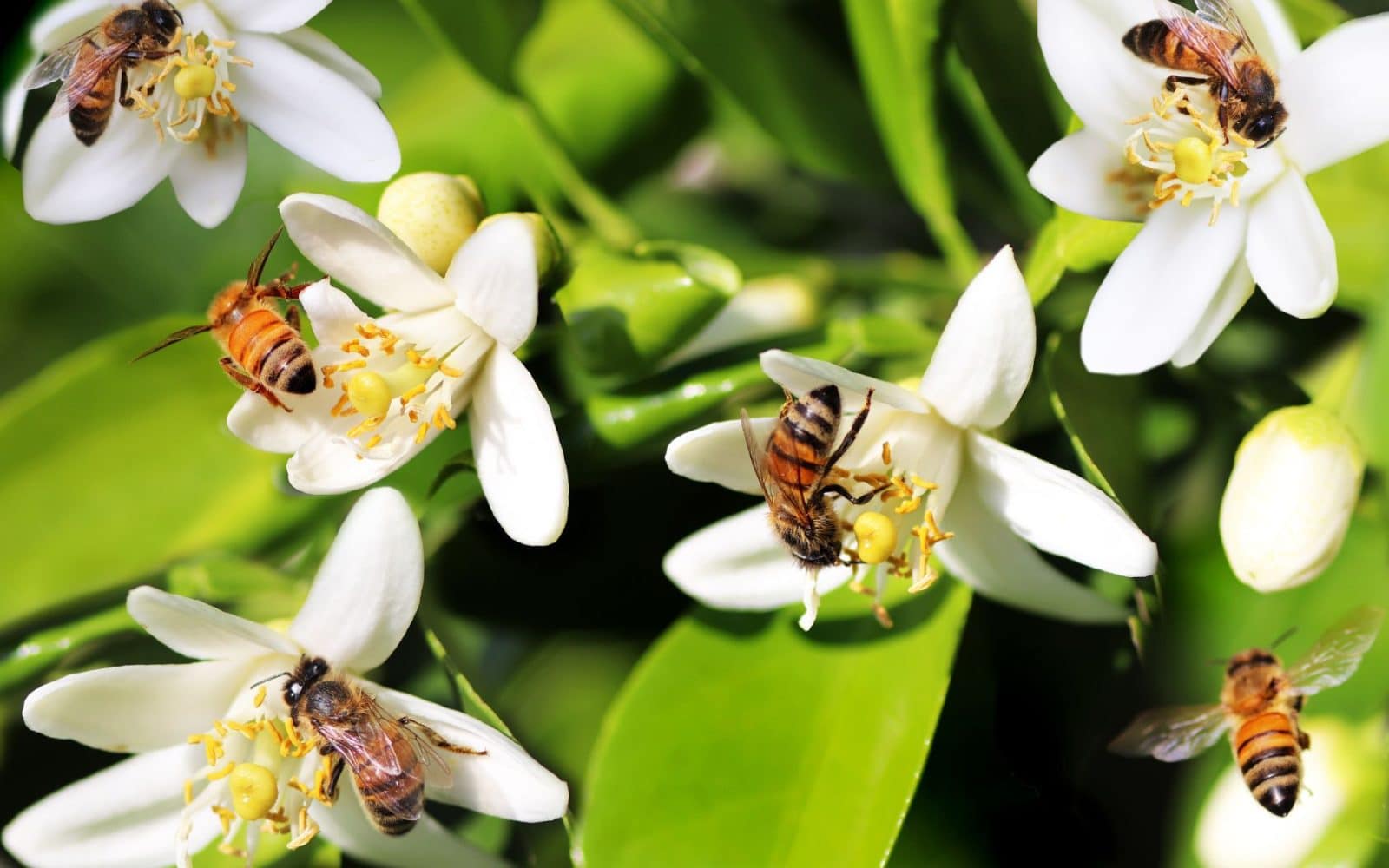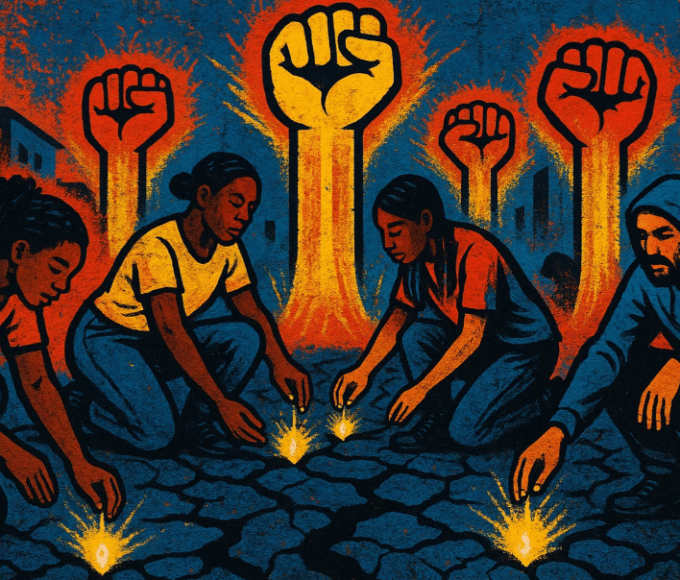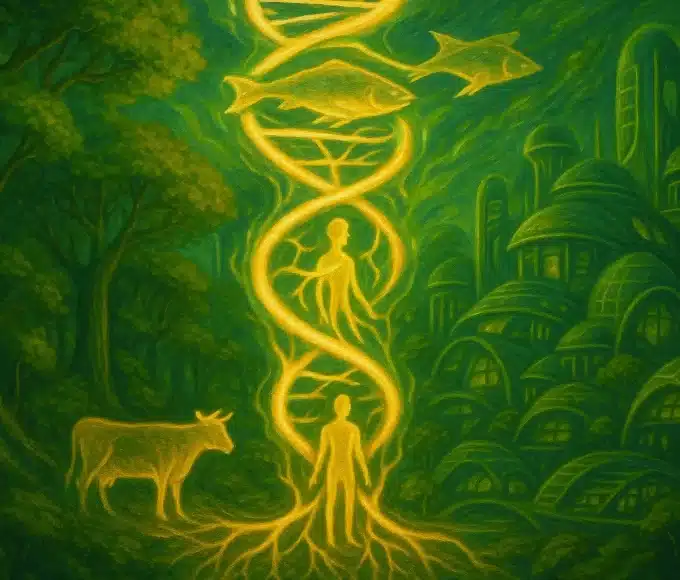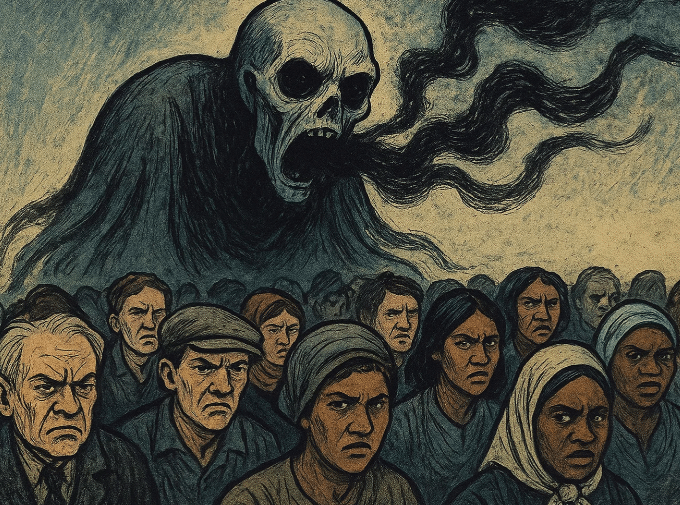Bees are pollinators and therefore do important work for the environment that affects all parts of diverse ecosystems. While many people know that bees pollinate flowers, not everyone realizes that they also pollinate large plants that provide food and shelter for animals of all sizes, including us. Unfortunately, despite their great work, their populations are declining. The good news is that you can stop this decline. So how can you help your local bee population? Keep reading to learn.
Plant a Garden
Flowers and other types of pollinating plants help keep bees alive, so planting a garden is a great way to help your local bee population. Some of the best flowers to plant for bees are California poppies and marigolds because bees are drawn to their bright golden yellow color. However, your garden doesn’t have to be all yellow to help bees; they enjoy other flowers in similar warm colors such as orange and red and will be drawn to flowers outside that color range by shape and scent.
Your garden doesn’t just have to be for bees, either. Herbs such as lavender, verbena, and thyme are bee favorites and make great contributions in the kitchen when you bake or cook. If you’re limited on growing space, just plant a small herb garden in a window box to feed yourself and the bees. And remember not to use pesticides, as they can deter and even harm bees.
Help Them Rest
You’ve probably heard of birdbaths and birdhouses, but have you heard of bee baths and houses? Bee baths and houses have similar functions to bird ones, although they look different. They also require different maintenance.
Technically, bees don’t bathe. However, they still need a place to rest and get a drink during their busy days of pollinating. A slightly misnamed bee bath is the perfect spot. To make a bee bath, simply place small rocks in the bottom of a shallow dish before adding clean water. The rocks should break the surface of the water, not fill the entire dish so that the bees can rest and drink safely.
Another technicality is that bees don’t have houses. While honeybees live communally in hives, most bees live by themselves in holes they create either in the ground or in plants. You can provide a safe home for them by leaving an empty spot in your garden that will allow them to tunnel and create their desired hole homes.
Support Their Keepers
Your local beekeepers are already doing a lot to help the local bee population. Supporting them by buying their honey, beeswax, and other products means they have more money for bee care and that your city will be healthier. As we mentioned above, bees are pollinators that contribute to diverse ecosystems of all sizes, so by supporting the people who help these pollinators, you’re helping your local ecosystem stay healthy. You may also experience health improvements since raw honey can help with seasonal allergies, heal burns and cuts, and is full of vitamins, minerals, and antioxidants.
The ways you can help your local bee population are relatively simple: plant a garden without pesticides, help bees rest with baths and homes, and support local beekeepers. By doing these three things, you’ll improve the lives of bees and the lives of everyone in your city. Now that’s good news!














